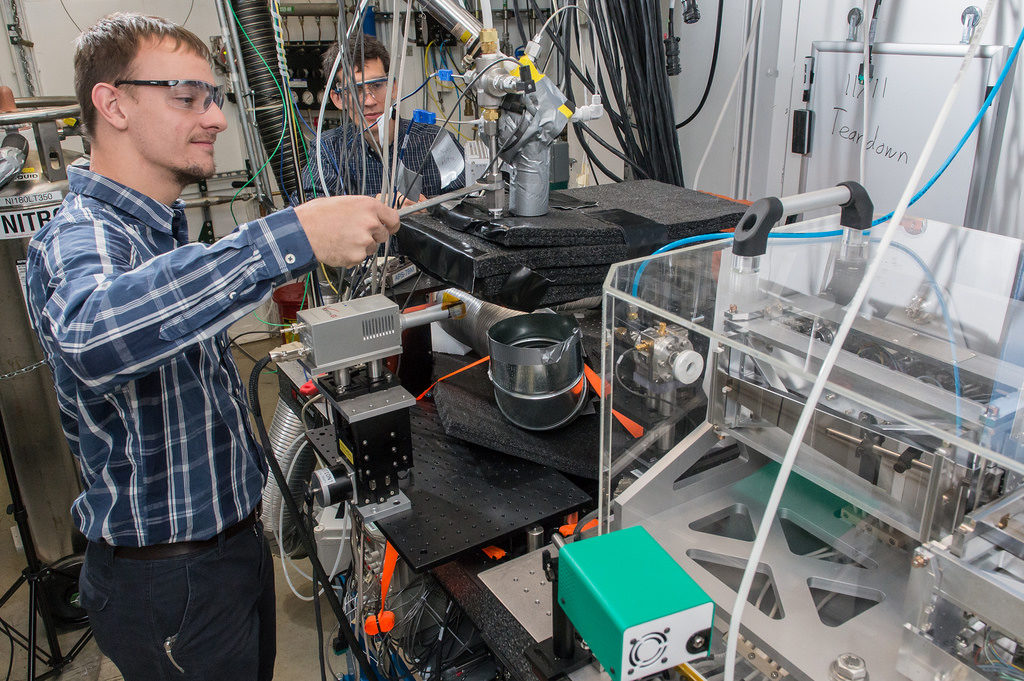
Engineering students spend their college careers learning how mechanics, technology and scientific interactions work. Once their time at a university is finished, the question arises: what can a student engineer do after graduation to find a job?
The first suggestion is simple, but often intimidating: make a resume and get it into an employer’s hands.
Engineering resumes demonstrate more than just credibility for an employer. It also demonstrates a candidate’s understanding of structure, order and aesthetic.
“A professional, clean resume separates an okay candidate from a serious person for consideration for a position,” business graduate Brady Cantrell said. “For engineers, that resume shows that they understand how to make something look good and work right. Both of those things are what employers want to see.”
As graduates apply for entry-level positions, the phrase, “at least two years experience required” can cause hefty headaches.
While this standard can be daunting due to potential applicants being inexperienced, in-field professionals have advice on the subject.
“I tell my students to apply to any position that asks for up to five years of experience,” Lisa Dickter, senior associate director for Career Consultants at the Carnegie Mellon University College of Engineering, said. “What employers do is say, ‘Two to five years of experience,’ and write a job description that is the ideal candidate. Would they like to find someone with four years’ experience? Yes. But they don’t always, so they will write what they want, but they will still take on students who have less experience.”
Another obstacle to overcome for engineers out of college is allowing their training to be used in a number of ways.
Those who major in mechanical engineering have opportunities to display their talents and training in a significant variety of occupations. In 2014, the U.S. Bureau of Labor reported that over 277,500 mechanical engineers were employed.
The top five industries hiring new employees of that number were engineering services, machinery manufacturing, computer & electronic product manufacturing, research & development in engineering services and aerospace product & parts manufacturing.
These positions may have task overlap, but their responsibilities are vastly different. Engineering graduates can broaden their desirability and skill set as they extend their talents into different fields.
Engineering students can recall their college training as an opportunity to expand their understanding of mechanics, technology and electronics.
“I’m a mechanical engineering major and there’s lots of things Weber has to help us learn,” student Shelby Chatlin said. “There’s equipment here that could be updated, but it helps you learn the basics.”
Skills learned before and after graduation can take engineers to career opportunities they may not have had before.
Companies such as Boeing, Orbital ATK, Northrop Grumman and Kihomac are in high-demand for college graduates who earned degrees in computer engineering or electrical engineering due to their need for a dedicated and trained workforce.
These companies, and others like them, update their employee needs regularly. Engineers need only do what they have been taught to find a career path: make a plan and put it to the test.













